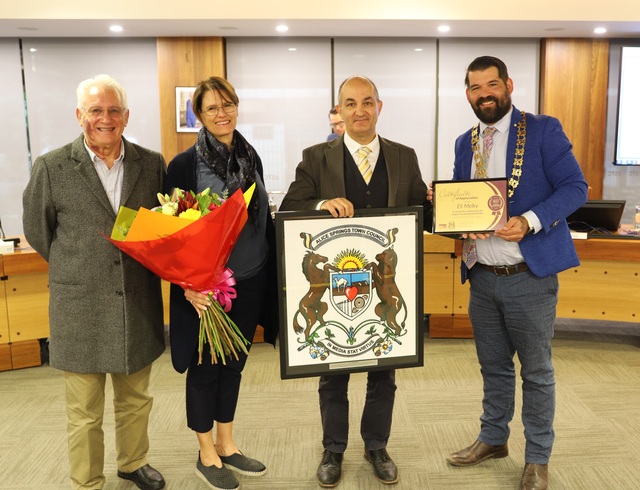The UK Experience by Malcolm Morley*
To encourage the sharing of best practice, those Councils classified under the Comprehensive Performance Assessment (CPA) as Excellent in a particular service, and with at least a classification of Good performance overall, have the opportunity to be awarded Beacon Status. This confers a status and recognition on Councils by Central Government.
The key objective of the Beacon Scheme is to improve the average performance of all Councils in the UK through facilitating the sharing of best practice and learning within Local Government.
Each year, Central Government selects themes for the Beacon Scheme. Themes are chosen because of their importance in the day to day lives of communities and improving quality of life. Current themes include children and adolescent mental health services, community cohesion, quality of the built environment, removing barriers to work, supporting the rural economy, tackling homelessness, and transforming secondary education. The themes are generally cross-cutting in nature to reflect the reality of community needs.
To be selected for Beacon Status, Councils have to be able to illustrate their track record of converting strategic vision into effective action themselves and through their partners to deliver tangible results for the communities they serve.
The selection of Beacon Councils is by an Independent Advisory Panel. The Panel provides advice to Ministers on the selection of appropriate themes for the year, the criteria to be used when selecting Beacon Councils and which Councils should be given Beacon Status.
The selection process involves a formal application from which a shortlist is created. Visits are then made to each shortlisted Council which has the opportunity of presenting their application and illustrating it with tangible evidence of achievement. The Panel then makes recommendations to the Minister who selects the successful Councils.
Beacon Councils enter into an agreement with the Minister to share their experiences, their practices and the lessons they have learnt with other Councils. This is done through a national program of activities coordinated and supported by the Improvement and Development Agency (IDeA). Involving seminars, workshops, site visits, shadowing, mentoring opportunities, case study material, Beacon web sites and regional and subregional networking, the Central Government provides a grant to support these activities.
The culture of Councils in the UK has changed to fully embrace performance management and increasingly best practice is being shared. With the outsourcing of services, however, the issue of commercial confidentiality needs to be considered. Councils are not in competition with each other but private sector companies are and often have a contractual right for the protection of their intellectual property.
Councils must take care not to breach commercial confidentiality. They must, however, ensure that they learn from their contractors/partners at the individual Council level. A Council’s private sector contractor/partner should be seeking to continuously improve its performance through innovation and learning. Councils need to ensure that they learn from that innovation and learning. How that learning is shared with other Councils is still being worked out.
Sharing best practice is not just about Councils learning from other Councils. As to which organisations are best at customer service, there are many lessons that can be learned from both the private and voluntary sectors.
* Malcolm Morley is a Strategic Director of South Oxfordshire District Council. This is one of a series of articles he is writing covering trends in the United Kingdom. He may be contacted by email at Malcolm.Morley @southoxon.gov.uk
The views expressed in this article are not necessarily those of his employer.







